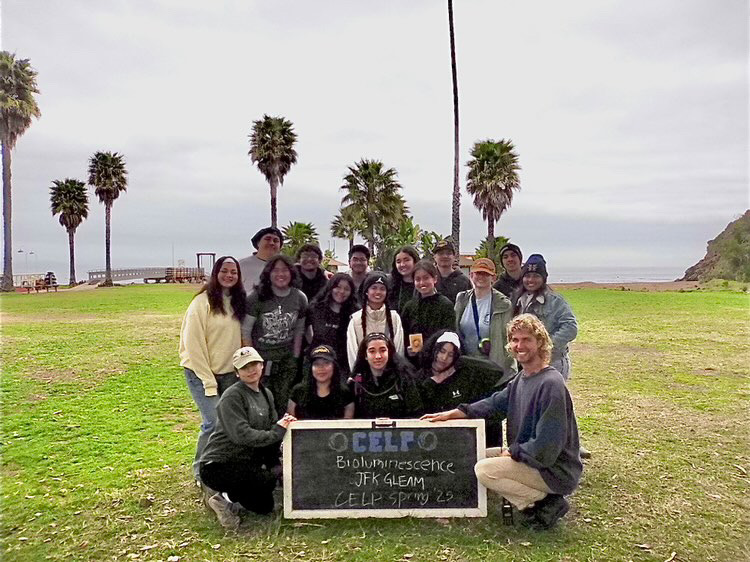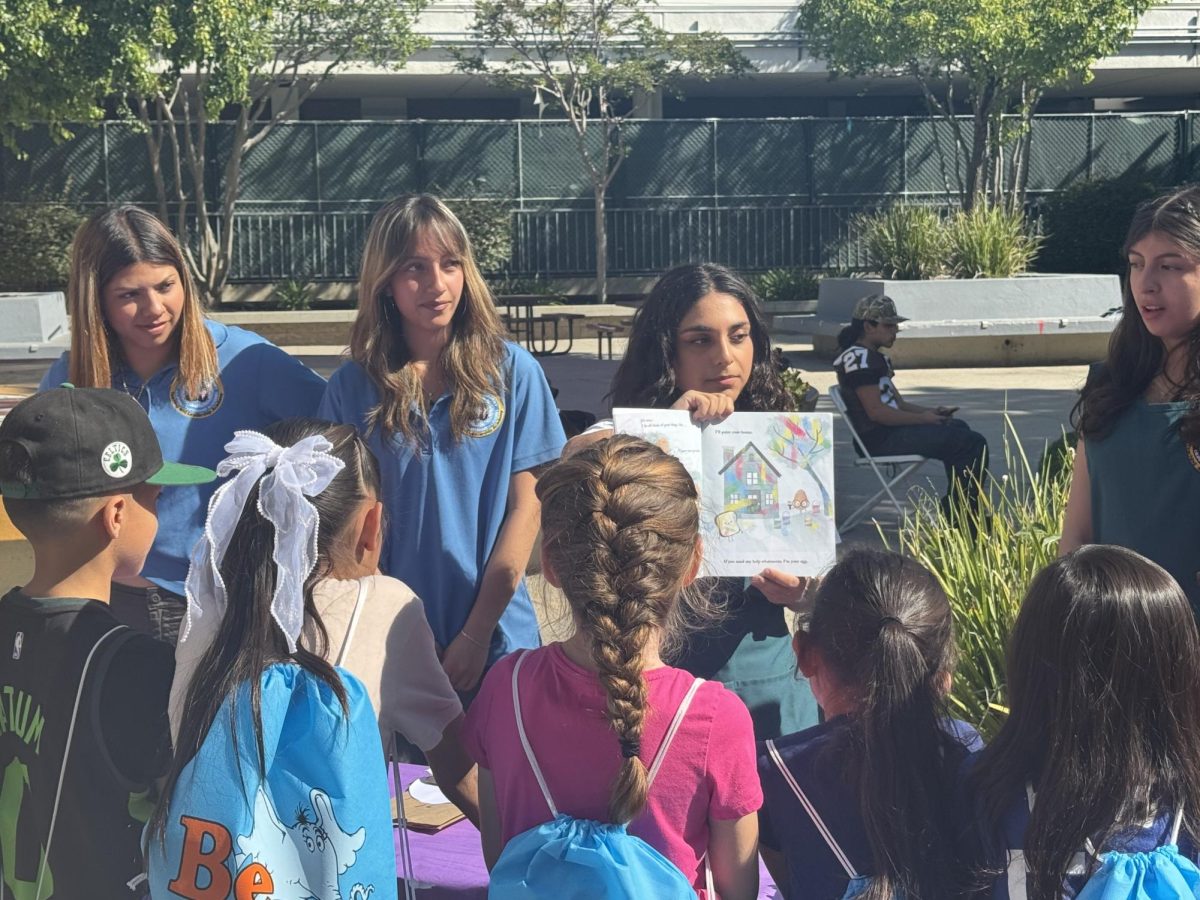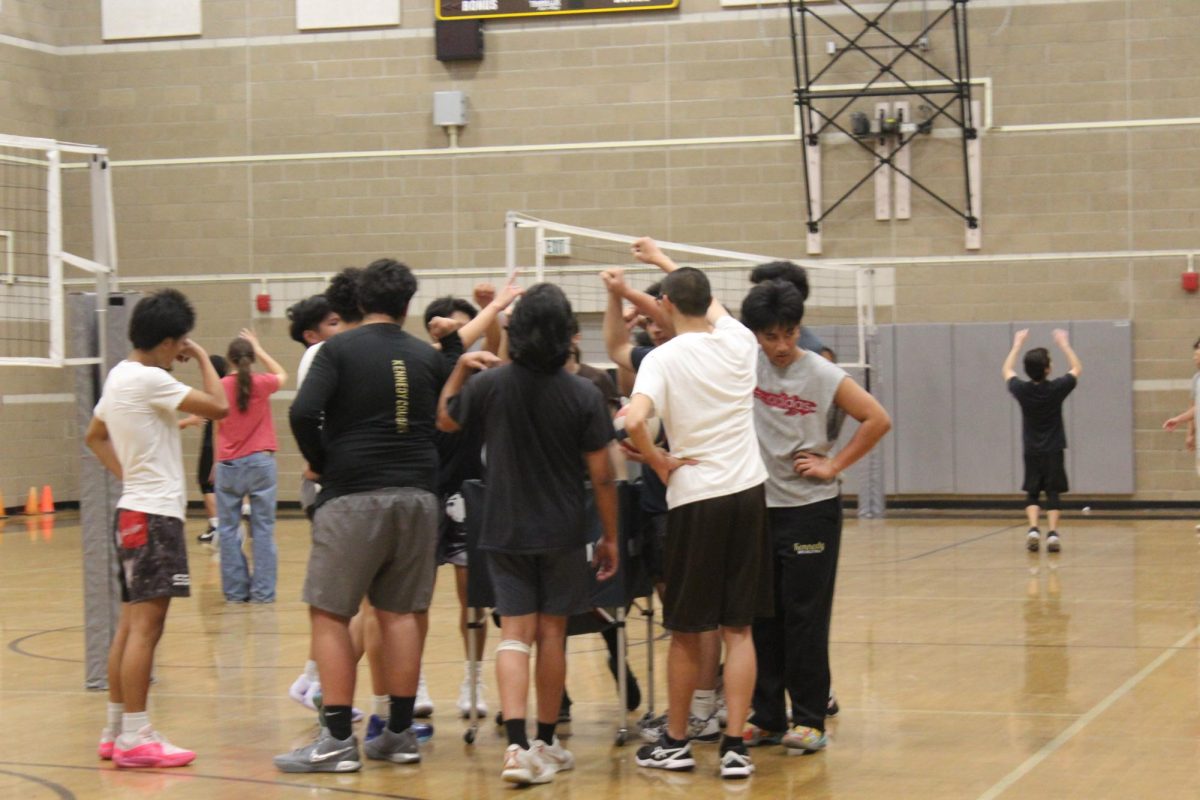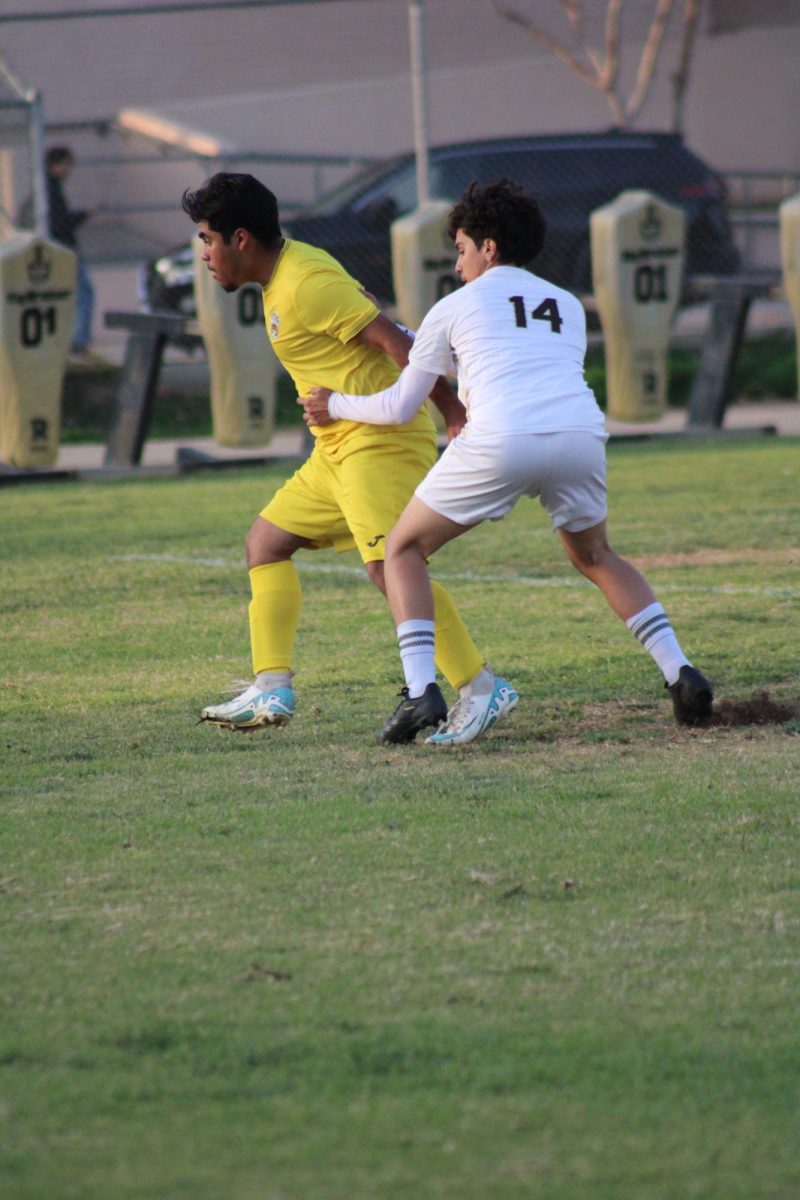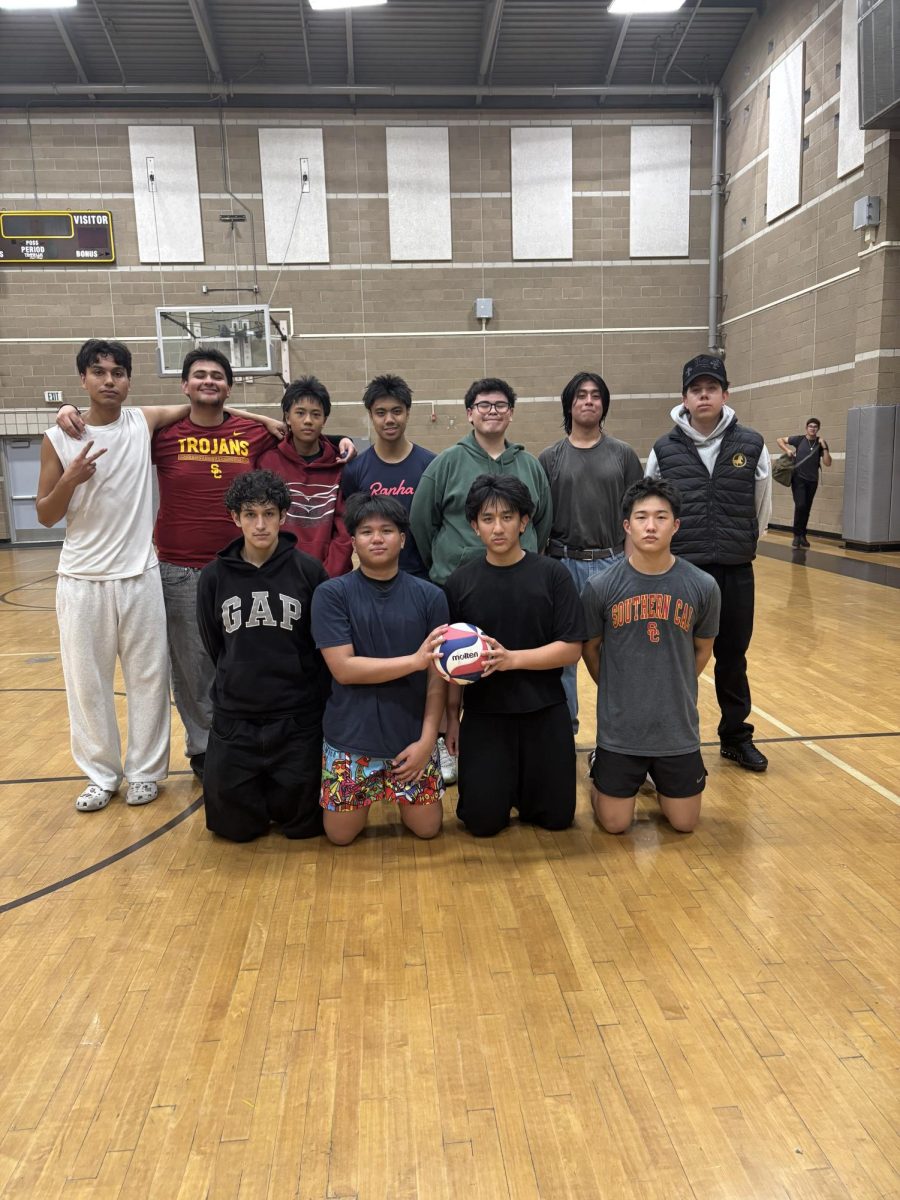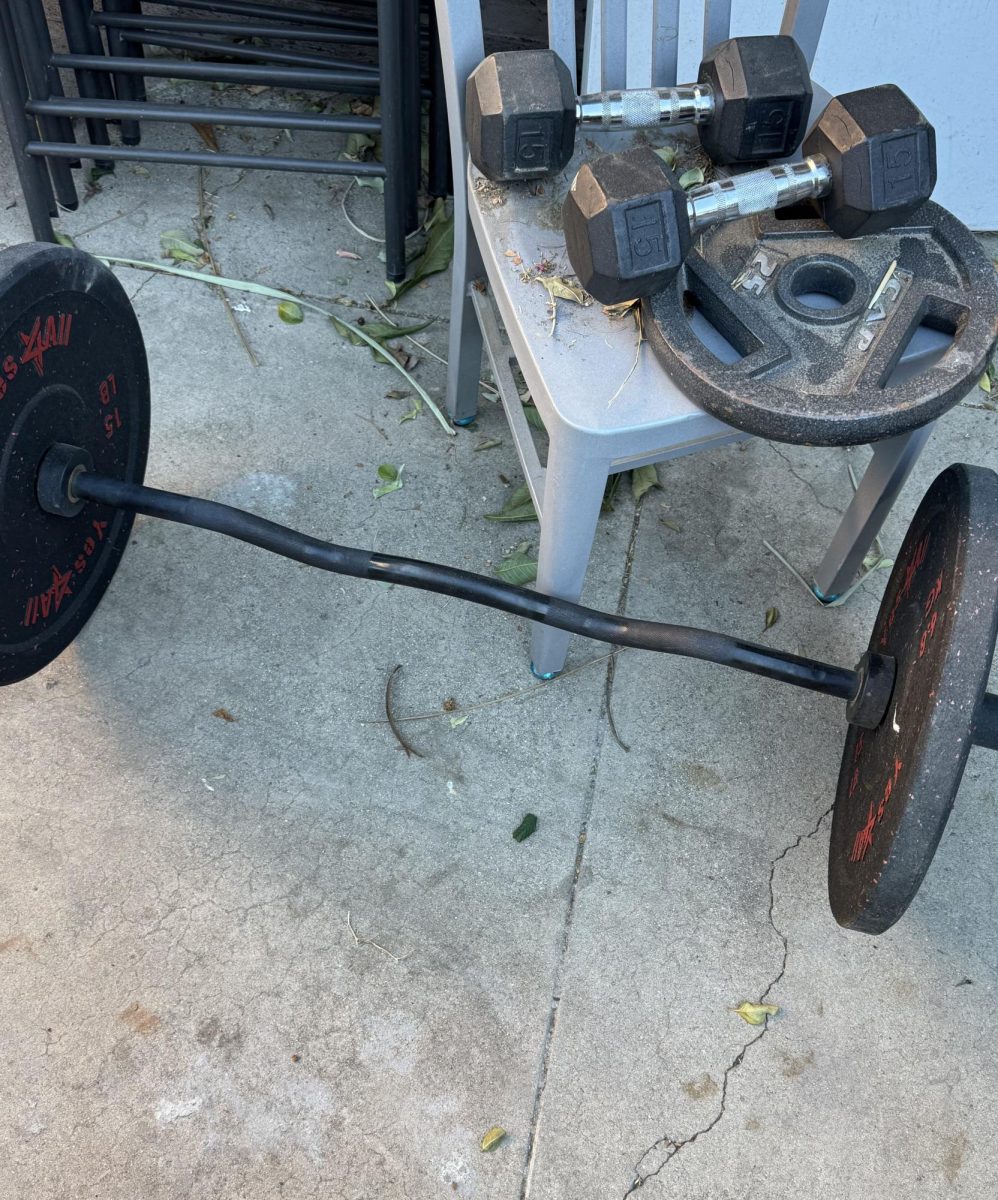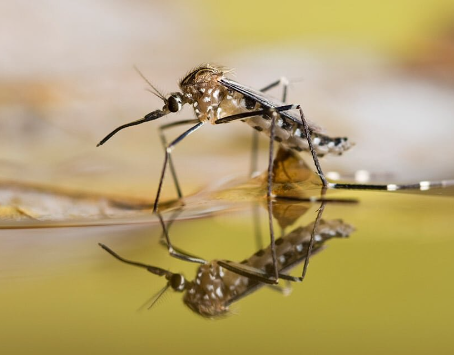
Mosquitoes are the deadliest animals to humans, besides themselves, with an estimated 700,000 deaths per year by spreading infectious diseases including the recently popular West Nile Virus (WNV). This virus is transmitted through a mosquito’s bite after biting infected birds, onto humans. The West Nile Virus (WNV) is under the umbrella term flavivirus, which includes other vector-borne diseases.
Common birds, crows, and jays may be infected by consumption of a dead animal and fall ill and die. Unlike humans, once birds are infected with the virus, the virus will stay in their system enough for the virus to invade their body and transmit the disease onto another victim of the mosquito.
People are considered dead-end hosts since they cannot transmit the disease onto others. Breastfeeding, blood transfusion, and contact cannot transmit WNV onto another being.
There have been fourteen recorded cases in Los Angeles this year, with the first reported death confirmed by public health officials after being hospitalized by the virus as of September 27, 2024 .
There have been two reported outbreaks of WNV in Winnetka, a city in the San Fernando Valley, one in August 2023 and one in May 2024.
Alessandra Gatica, a Kennedy senior, reports that she finds mosquitoes extremely annoying, as she gets bit up to ten times a day. Gatica gets reactions that last for days, showing symptoms of redness, itching, and minute swelling.
It is known that some people get bit by mosquitoes more than others, but mosquitoes are not known to go after a certain type of blood.
The mosquito’s life cycle primarily takes place in stagnant water. After biting a host, the female mosquito will lay an egg on a still surface of water. Unlike female mosquitoes, males do not bite since they do not need the nutrients for reproductive success. Male mosquitoes actually benefit our environment since they pollinate plants and act as prey for mammal and other predatory insect species.
Larvae emerge and feed off the bacteria built-up from the stagnant water and other biological matter. From then the mosquito will grow into a pupa, where they will temporarily stop eating, and then emerge from the water into adulthood.
Like other flying insects, mosquitoes do not thrive as well in cold weather, which is why they are mostly seen from the late spring to early fall here in Southern California.
Jennifer Richard, an AP Environmental Studies teacher at Kennedy, says that there will likely be an increase in overall mosquitoes at a greater range due to climate change and more available water sources to breed and have longer lifespans.
Since summers are getting longer in multiple areas, people will see mosquito populations increase geographically and numerically, according to Richard. Also, with these changes, more diseases like Zika or the Dengue Fever will spread.
Gatica claims that she gets bites more around the tennis courts, near the construction, than other places around campus. According to public health officials, construction sites potentially are prime locations for mosquito-breeding.
Mosquitoes thrive in warm weather, speeding up their life cycle to as short as 7-10 days. In hot weather, it can take as little as five days for a mosquito to completely mature from an egg.
To prevent mosquito-breeding sources, public health officials recommend the following:
Emptying containers holding more than one teaspoon of water and flipping them upside down.
Emptying buckets, watering cans, cups, or trash cans that can hold water.
Dispose of old tires at local recycling centers.
Drill holes in objects that may hold water, such as tires, planting pots, etc.
Make sure garbage cans have a secure lid.
Clean any drainage ditches or gutters of debris.
Be aware that Air Conditioning units and dripping faucets can attract mosquitoes.
Flush toilets regularly to prevent still water.
Clean toilet bowl brush holders regularly to prevent water buildup.
Clean and rinse pet water bowls regularly.


